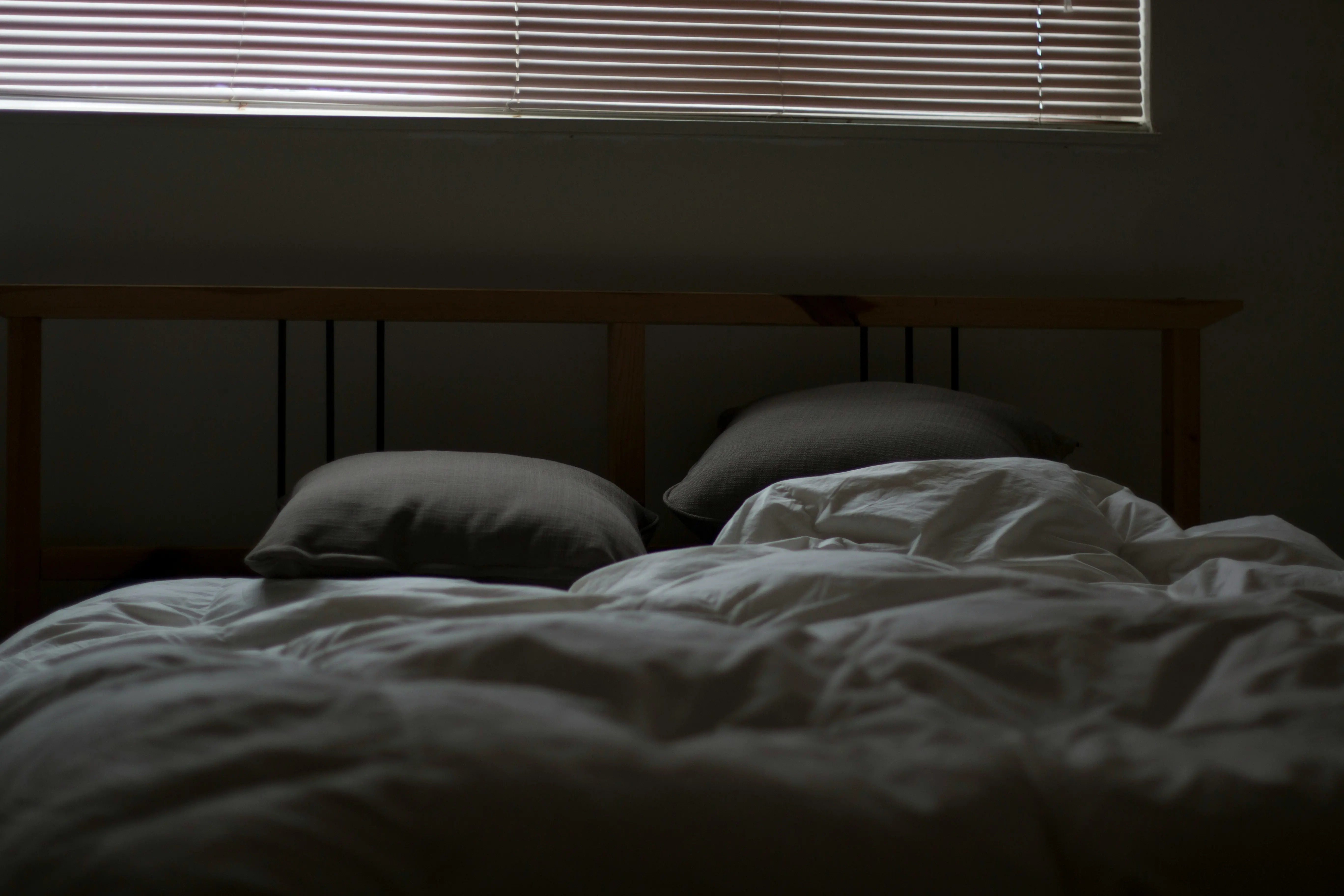Teen Sleep Issues Linked To Future Self-Harm, Study Shows

A recent study from the University of Warwick, published in the Journal of Child Psychology and Psychiatry, highlights a critical link between sleep problems in teenagers and self-harming behaviors. Analyzing data from over 10,000 adolescents, the research reveals that sleep issues at age 14 are closely associated with self-harm both at that age and again at 17.
Self-harm among young people is a growing public health concern, and this study underscores adolescence as a pivotal time for intervention. According to Michaela Pawley, a PhD candidate at the University of Warwick, the research utilized large-scale data to explore these relationships over time. Pawley notes, "Shorter sleep durations, prolonged time to fall asleep, and frequent night awakenings were all associated with self-harm both at age 14 and three years later."
The study suggests that sleep is a modifiable risk factor, offering hope for intervention. Pawley adds, "If the link between sleep and self-harm holds true, targeted actions in schools and homes could significantly reduce these behaviors."
Importantly, the findings showed that sleep disturbances contributed to self-harm risk even when accounting for other factors such as socio-economic status, previous self-harm incidents, and depression levels. Only sleep consistently remained a significant factor both cross-sectionally and longitudinally.
Professor Nicole Tang, Director of the Warwick Sleep and Pain Lab, emphasized the importance of these findings. She stated, "Self-harm is a leading cause of death among adolescents. Knowing that poor sleep often precedes suicidal thoughts and behaviors provides a focus for early intervention."
While the study explored potential reasons for this link, such as poor sleep leading to poor decision-making, the exact mechanisms remain unclear. Nonetheless, the research stresses the necessity of prioritizing sleep health in adolescents, potentially offering protective effects against self-harm.